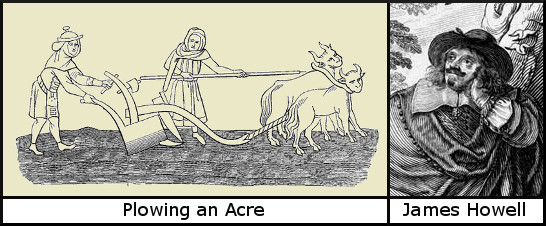Tony Daniels? Edmund Vance Cooke? James J. Montague? Carolyn McKane? Tom Robbins? Anonymous?
Question for Quote Investigator: There are many upbeat sayings on your website, but I would like you to explore a popular motto of the disaffected. Here are four versions:
Life is hard and then you die.
Life is rough and then you die.
Life sucks and then you die.
Life is a bitch, then you die.
Do you have any idea who coined this astringent adage of unhappiness and resignation?
Reply from Quote Investigator: An exact match for the fourth member of this family of sayings was printed in “The Washington Post” in 1982. The newspaper profiled a precocious 15-year-old and described a meeting of her high-school friends who held a wide-ranging discussion. Emphasis added to excerpts by QI:1
…friends discussed everything from the definition of a lerp (“worse than a wimp, a totally worthless person”) to the meaning of life, a question that was addressed cynically by the composer, 15-year-old Tony Daniels, who said, “Life’s a bitch, then you die.”
The above statement is the earliest close match known to QI for this family of sayings. This citation is given in the “Yale Book of Quotations”2 and the “Dictionary of Modern Proverbs”.3
Below are additional selected citations in chronological order.
Continue reading “Quote Origin: Life Is Hard and Then You Die”